Search

News & Events
Australia’s first DNA-based COVID-19 vaccine study set to begin at The Kids Research Institute AustraliaAustralia’s first needle-free, gene-based COVID-19 vaccine study will be spear-headed in WA by The Kids Research Institute Australia thanks to almost $6 million in Coronavirus Research Response funding announced by Health Minister Greg Hunt.
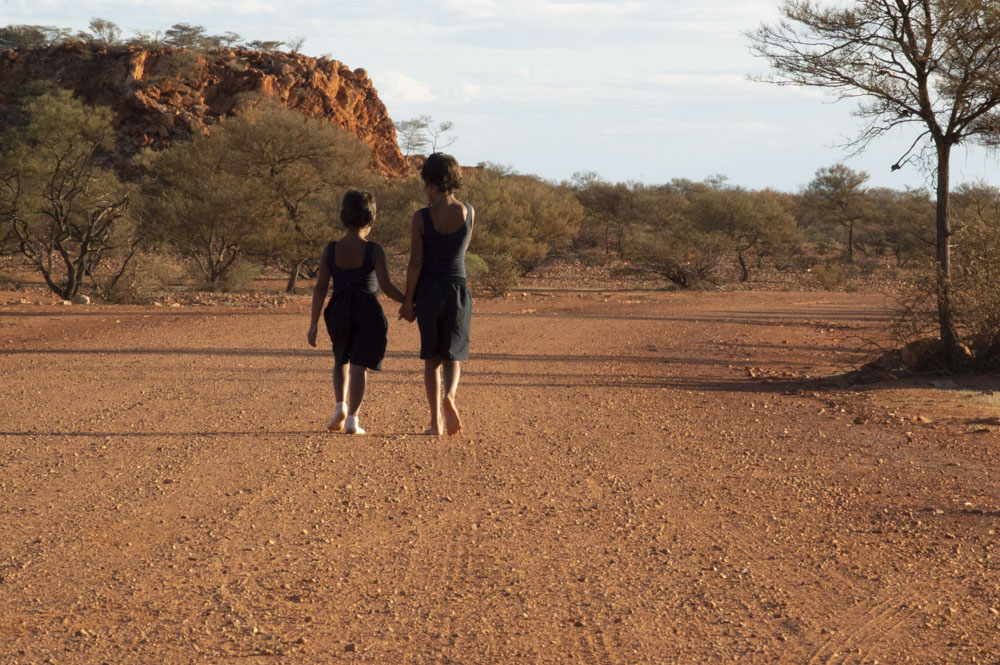
News & Events
Six-minute Strep A tests dramatically cut wait time in remote settingsChildren at risk of potentially life-threatening Strep A infections no longer have to wait five days for timely treatment, thanks to a The Kids Research Institute Australia study conducted in the remote Kimberley region of Western Australia.
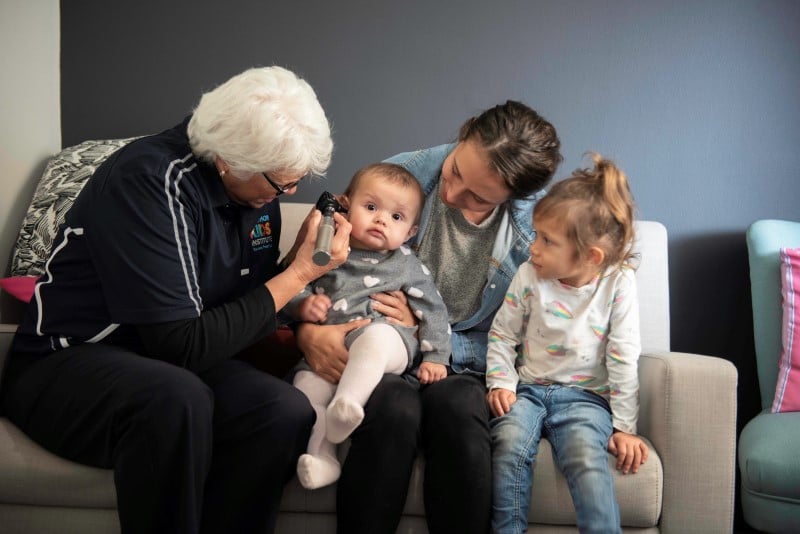
News & Events
New Aboriginal Cultural Guidance Advisor appointedThe Wesfarmers Centre of Vaccines and Infectious Diseases has appointed Mrs Valerie Swift to a newly created Aboriginal Cultural Guidance Advisor position.
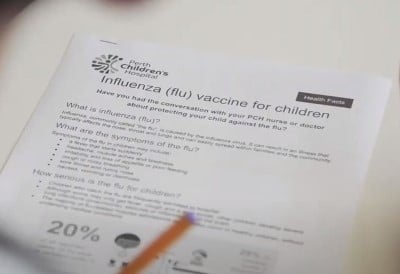
News & Events
RSV and influenza detections hit record low levels in 2020Western Australia has experienced historically low levels of respiratory syncytial virus (RSV) and influenza this winter due to the public health measures implemented to prevent the spread of COVID-19.
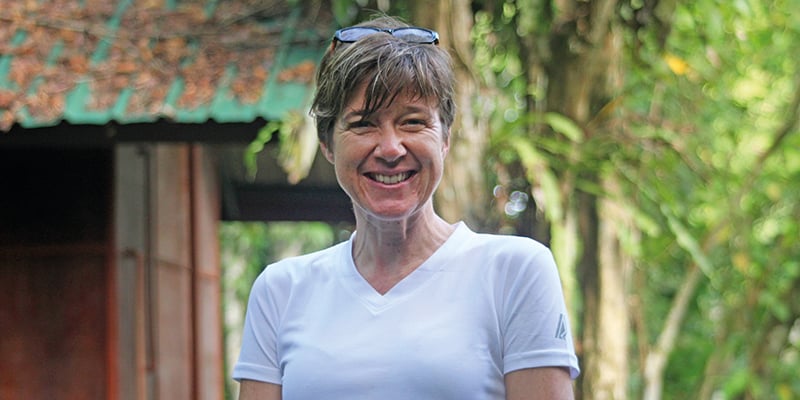
News & Events
Bill & Melinda Gates Foundation Grant aims to prevent deadly infections in early lifeNewborn babies and their fragile immune systems struggle to fight off nasty infections such as septicaemia, pneumonia and gastroenteritis.

News & Events
Global consortium aims to protect babies from their first week of lifeBabies are most vulnerable to life-threatening diseases in their first few weeks of life, yet current vaccines can’t be given until two months of age.
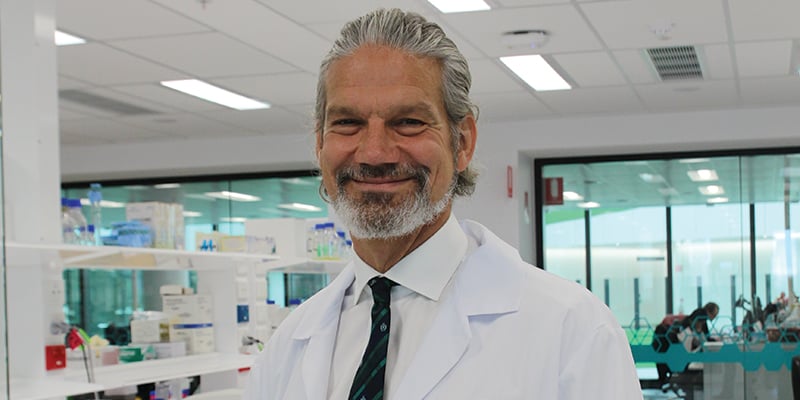
News & Events
Driving a vaccine revolutionThe Kids Research Institute Australia is now part of an ambitious, yet achievable, global bid to produce such one-shot vaccines.
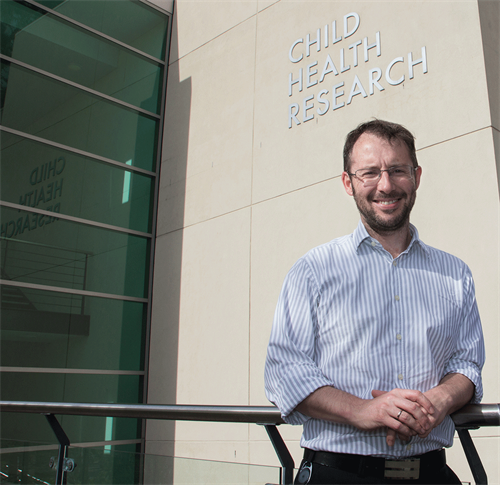
News & Events
Whooping cough vaccine could be a new weapon in the fight against food allergiesResearchers from The Kids Research Institute Australia and Curtin University will use a $3.9 million grant from the National Health and Medical Research Council to investigate whether a type of whooping cough vaccine could provide bonus protection against food allergies and eczema.
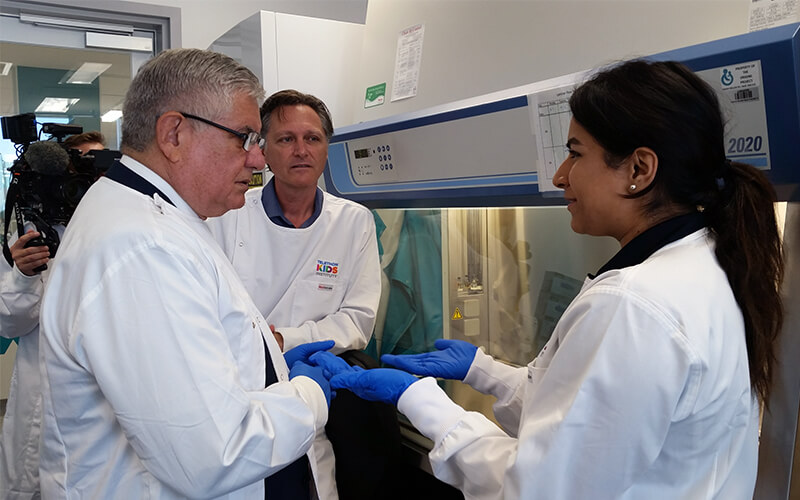
News & Events
$35 million to develop vaccine with potential to save half a million lives per yearA vaccine to prevent rheumatic heart disease (RHD) and other life-threatening conditions caused by the common Strep A bacteria is a step closer thanks to funding announced by Minister for Indigenous Health, Hon Ken Wyatt AM, MP, in Perth today.

News & Events
Pioneering technique opens new window on first week of lifeAn international team of researchers has pioneered a technique which gives unprecedented insight into the dramatic changes occurring in a baby’s body in the first week of life.
